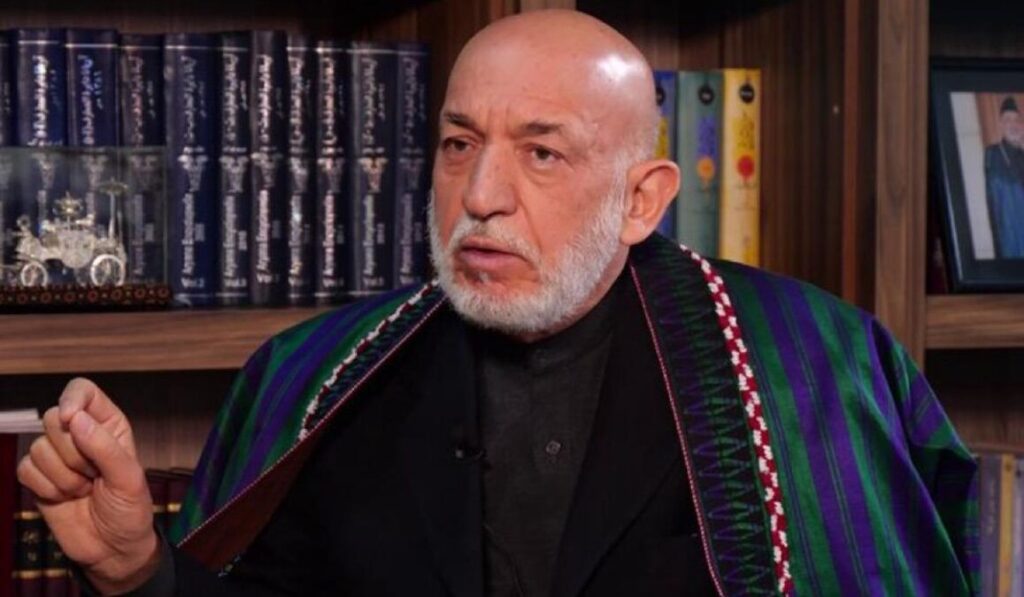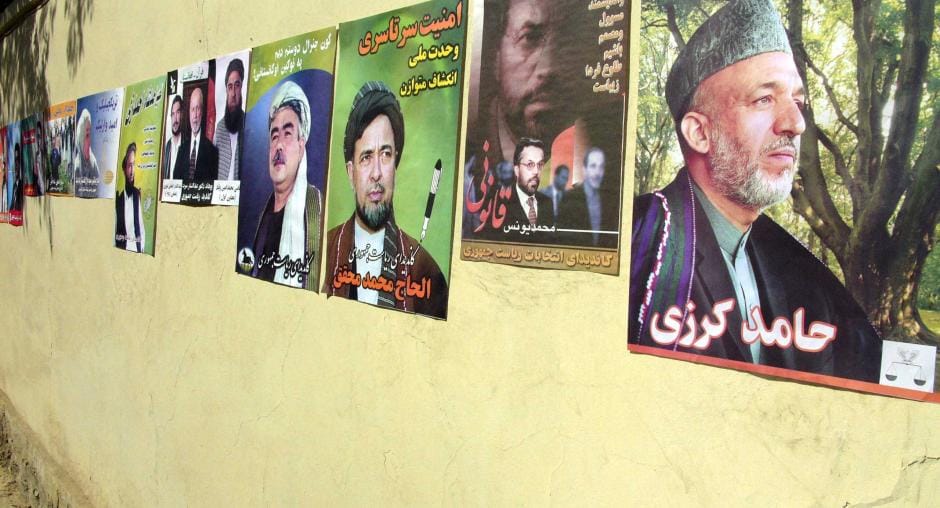October 9 marks the 20th anniversary of Afghanistan’s first presidential election, a milestone that contrasts starkly with the country’s current lack of democratic processes under Taliban rule.
Since the Taliban’s takeover, elections have been abolished, and Afghans now find themselves without a voice in their nation’s leadership.
Hamid Elmi, a former spokesperson for President Hamid Karzai’s administration, expressed the disconnection felt by many Afghans toward the current government. “With the elimination of elections, people feel alienated from the ruling system,” he said. “They see no role for themselves, leading to a growing gap between the people and those in power.”

During the two decades of republican governance, Afghanistan held four presidential elections and witnessed two peaceful transfers of power—from Burhanuddin Rabbani to Hamid Karzai, and later from Mr. Karzai to Ashraf Ghani. The first election on October 9, 2004, saw approximately eight million Afghans participate, with women comprising 41 percent of the electorate. Hamid Karzai was elected for a five-year term, with polling stations even set up in Afghan refugee camps in Pakistan and Iran.
Now, the Taliban’s white flag flies over the presidential palace, known as the Arg, which is exclusively occupied by male officials. The Taliban have also moved the center of power from Kabul to Kandahar, where their supreme leader, Hibatullah Akhundzada, issues decrees. Elections for leadership positions have been eliminated altogether.
The Taliban have dismissed elections as a “failed experiment,” claiming their rule is “popular” among Afghans. However, human rights groups have raised concerns over the lack of inclusivity and representation within the Taliban’s administration, which excludes women, Hazaras, Shia Muslims, and other religious minorities.
For many Afghans, the memory of past elections symbolizes a period of national sovereignty and the hope for democratic participation. Some continue to emphasize the importance of the right to vote in determining Afghanistan’s political future, a right that has been erased under the Taliban regime.




